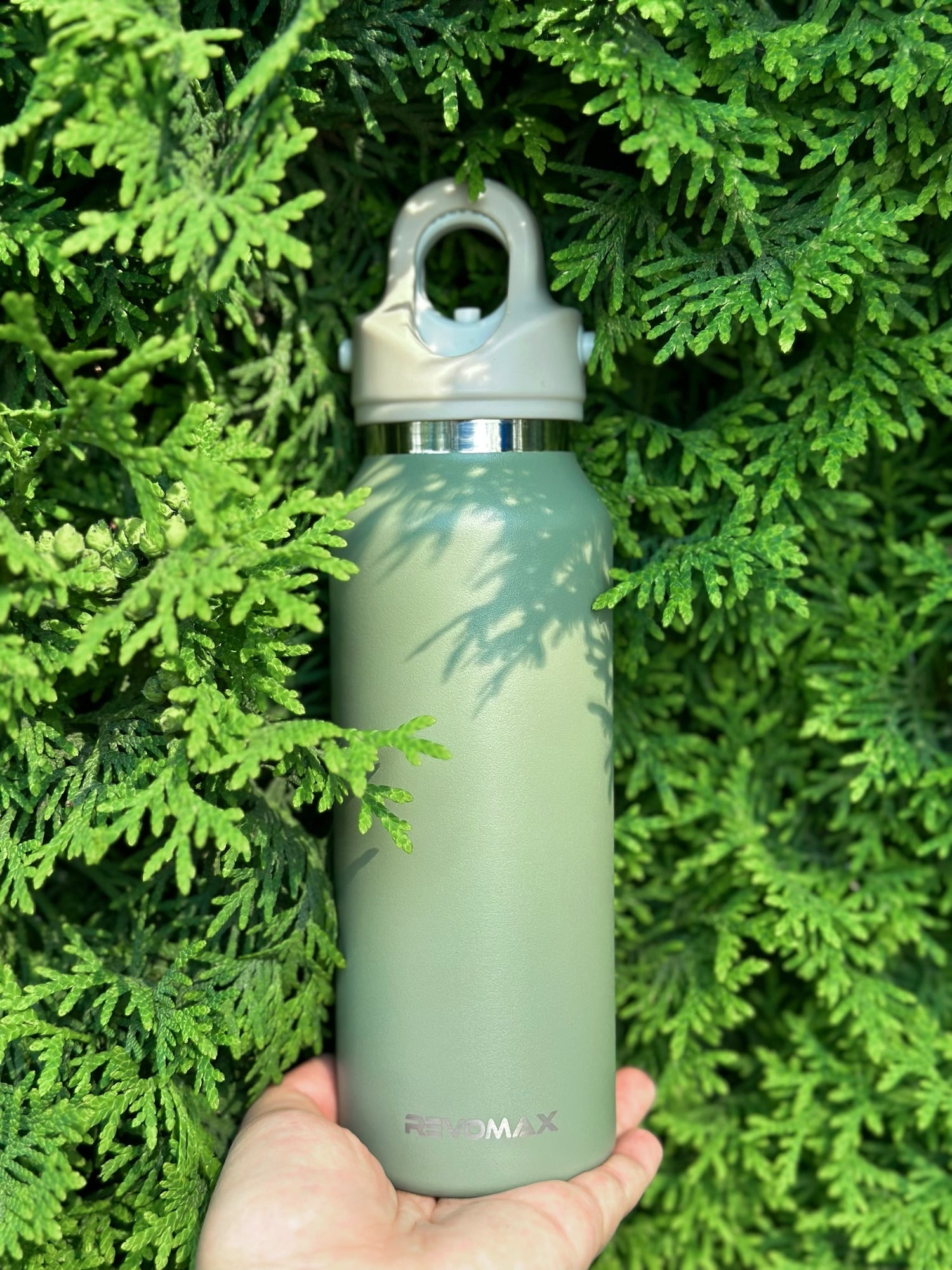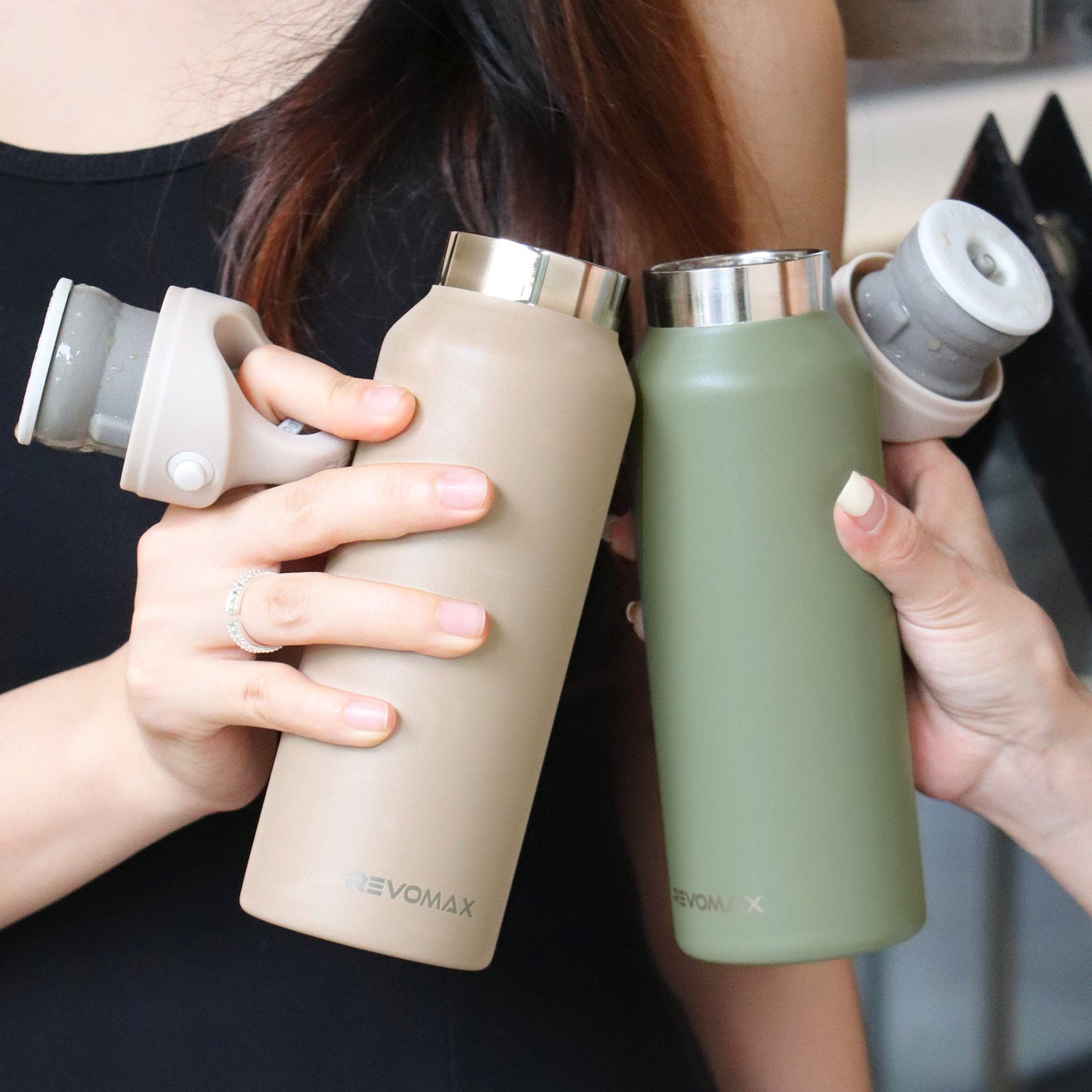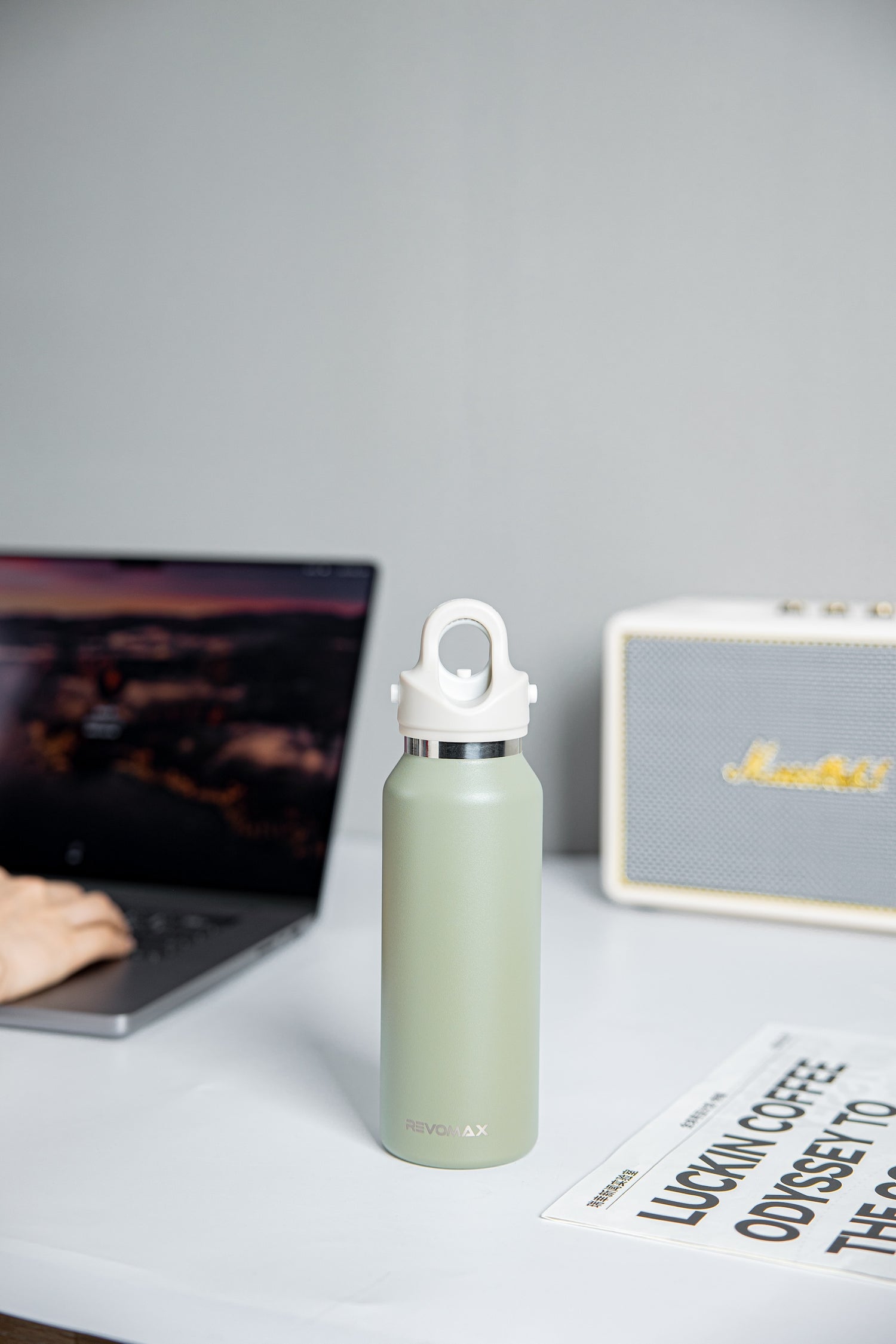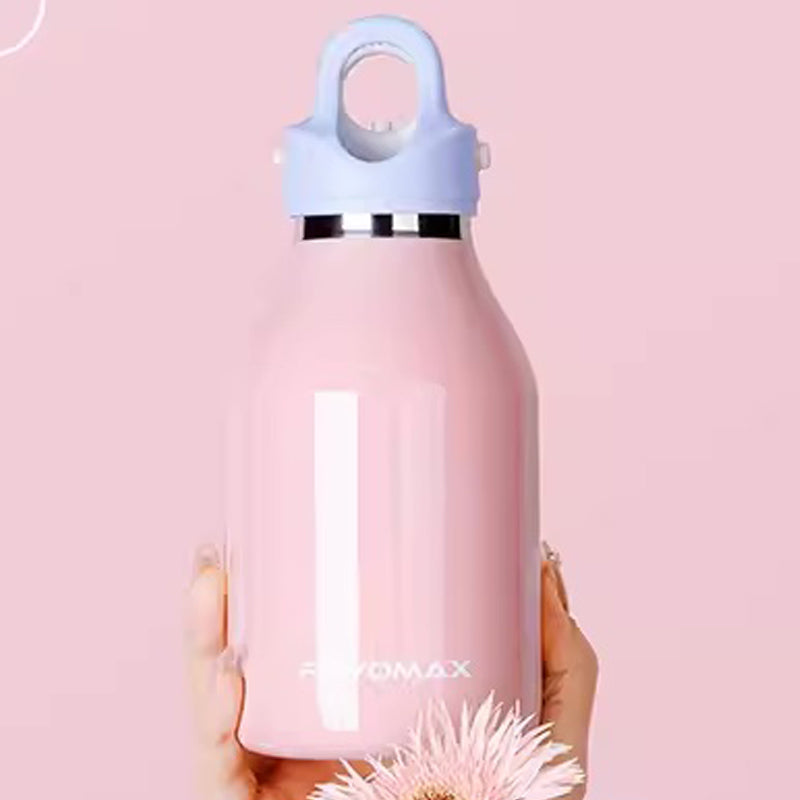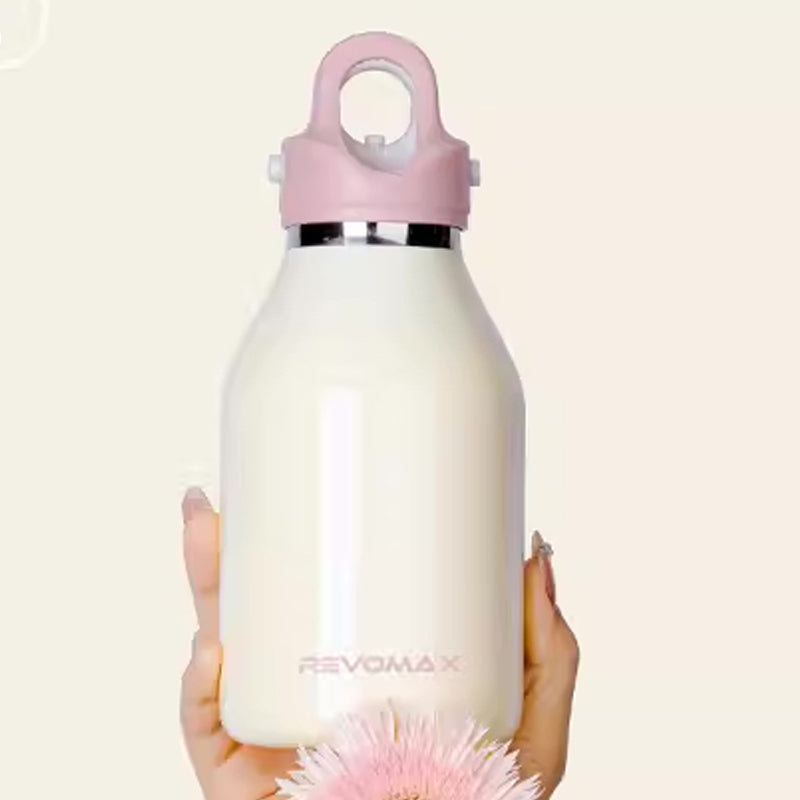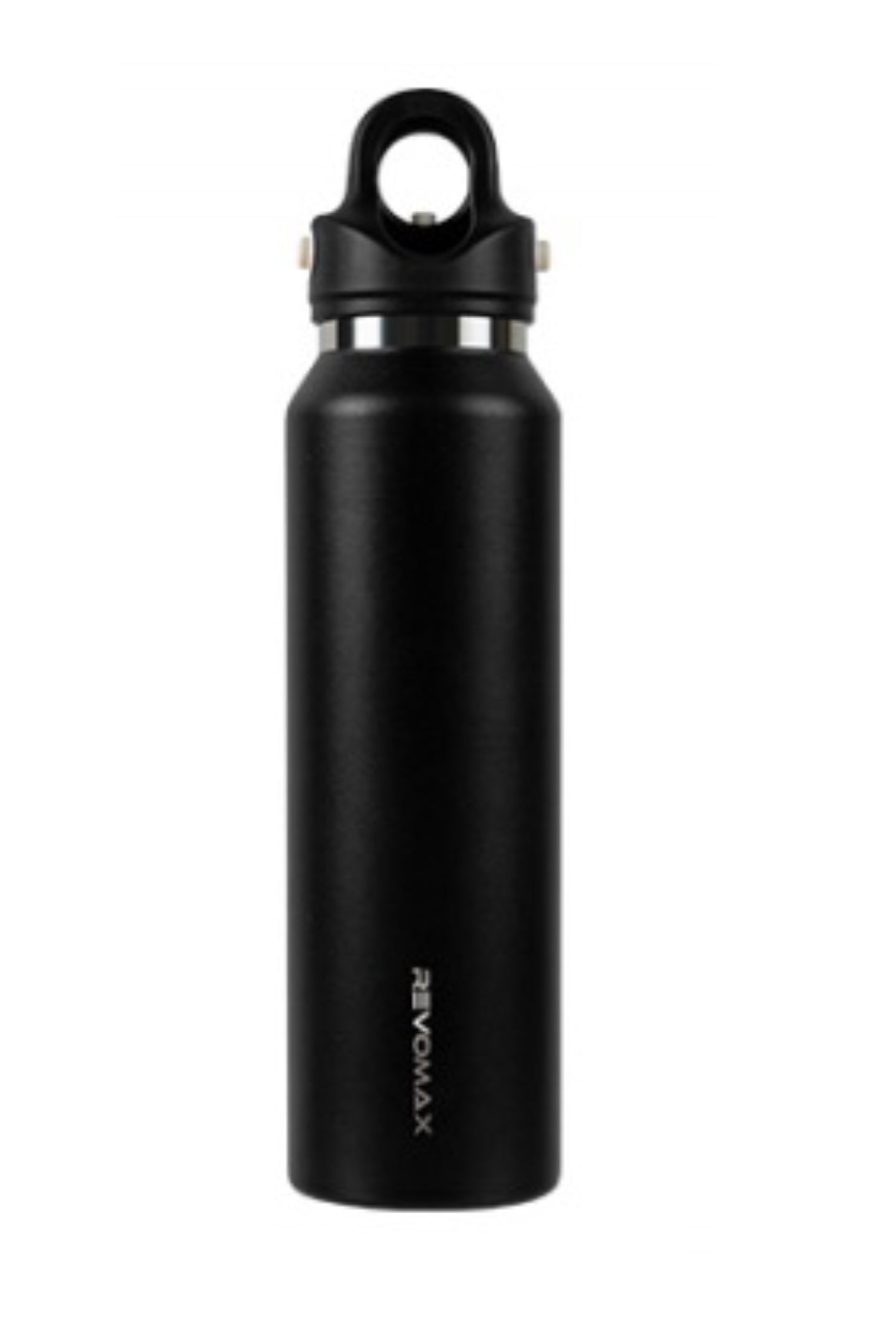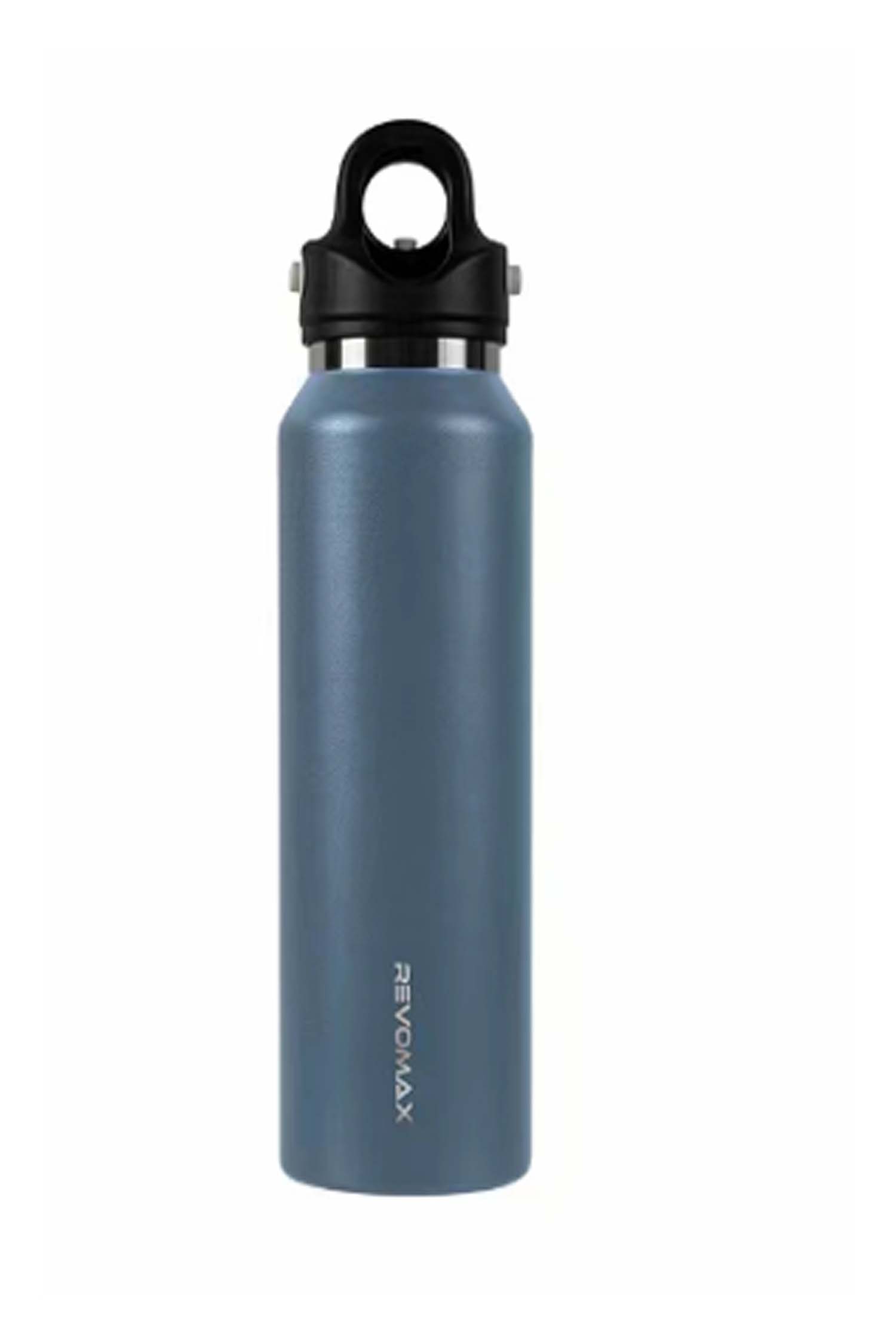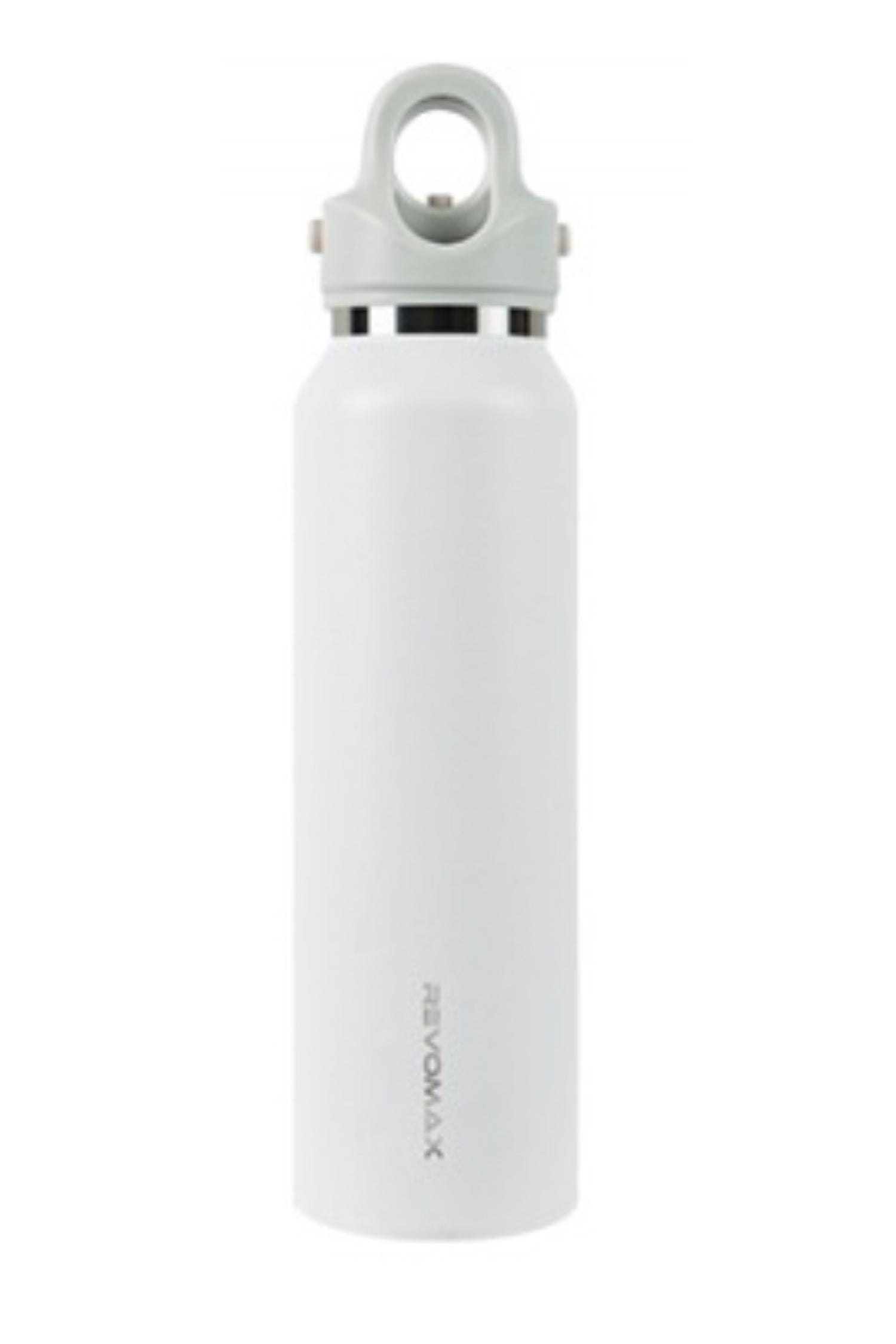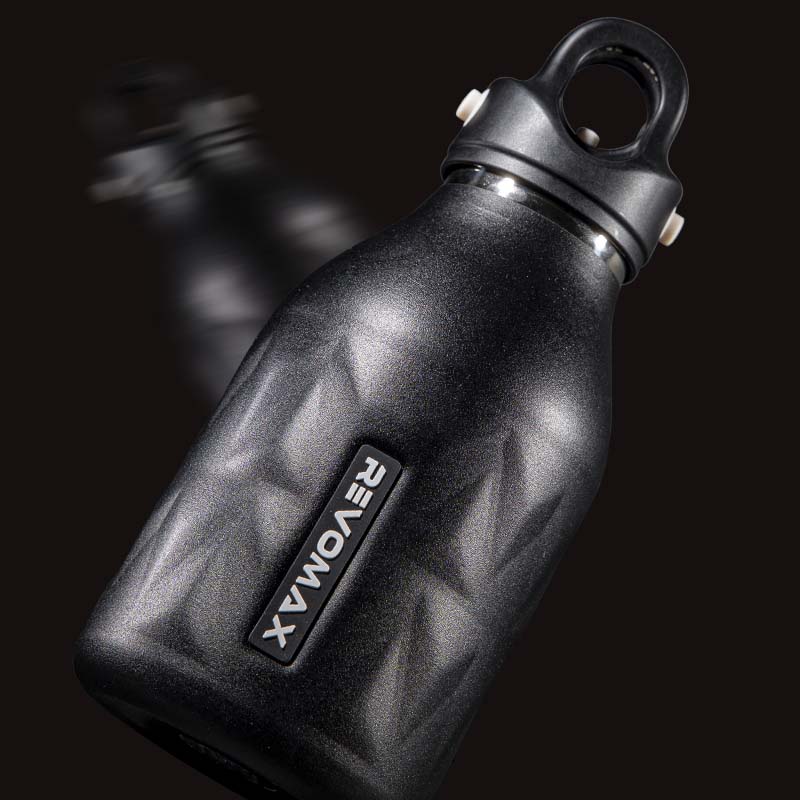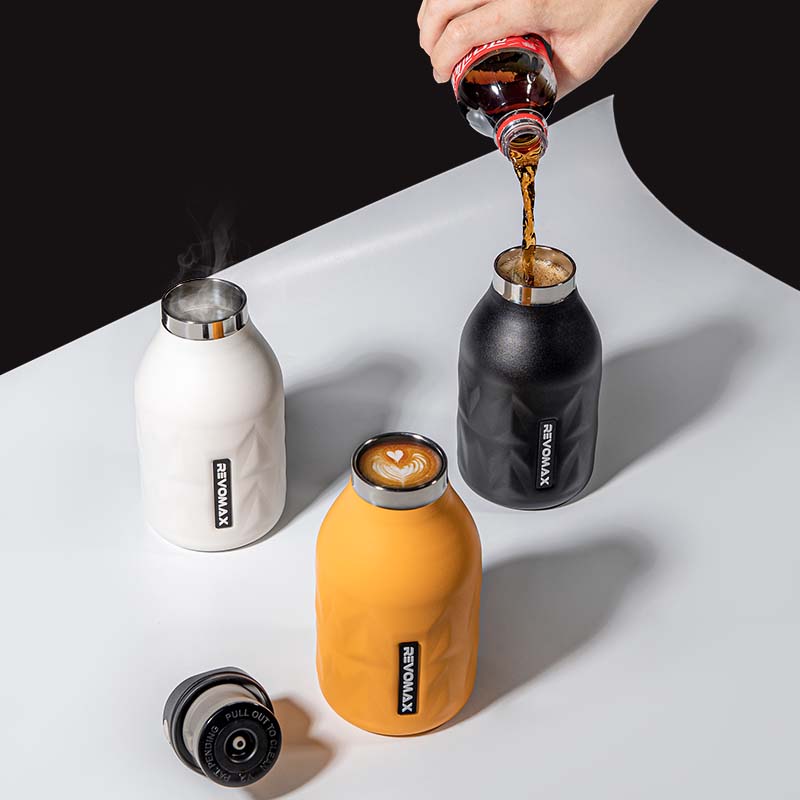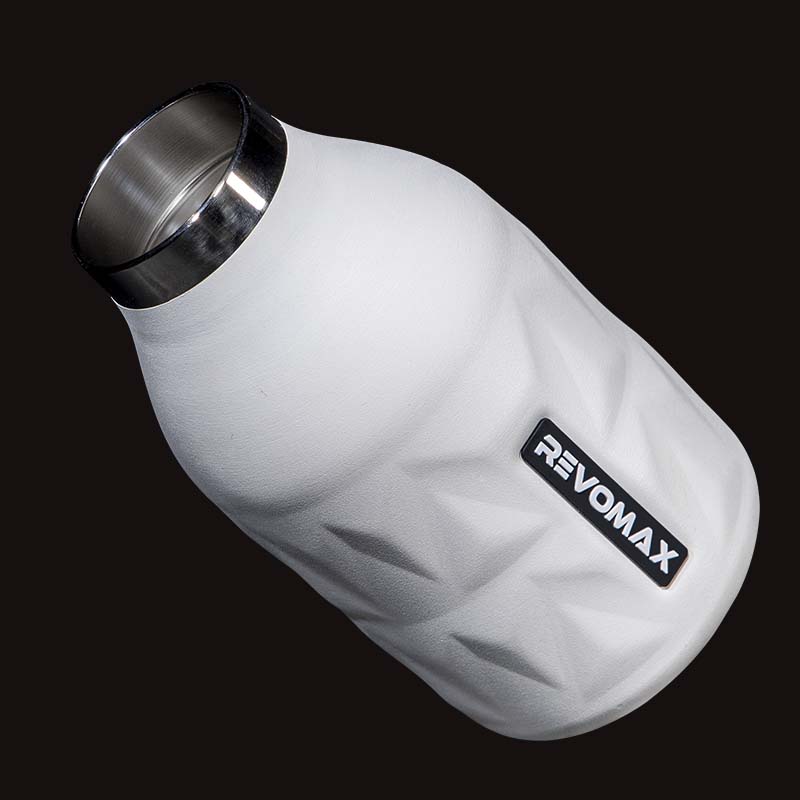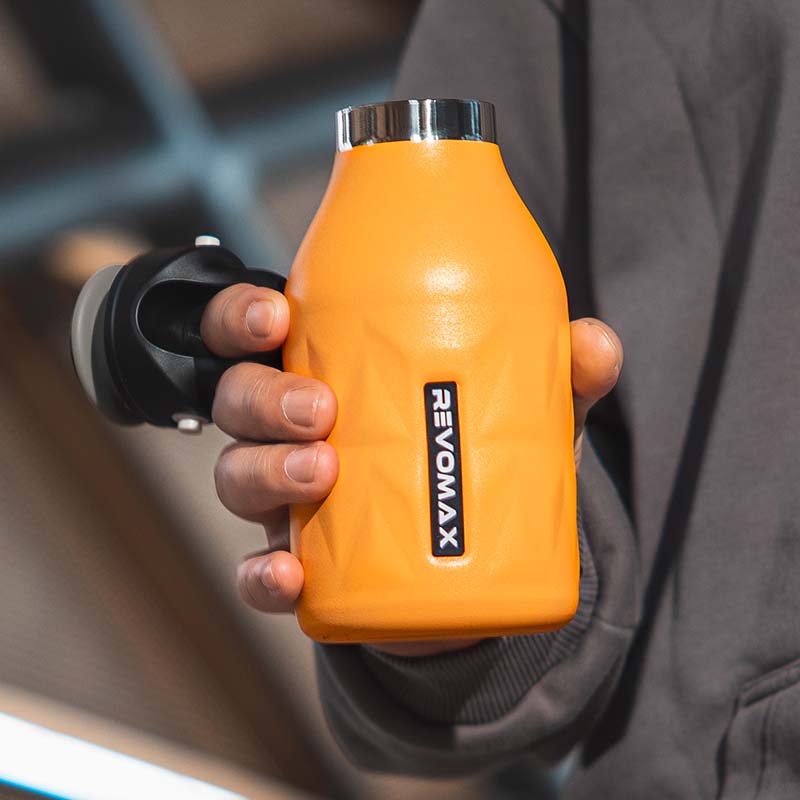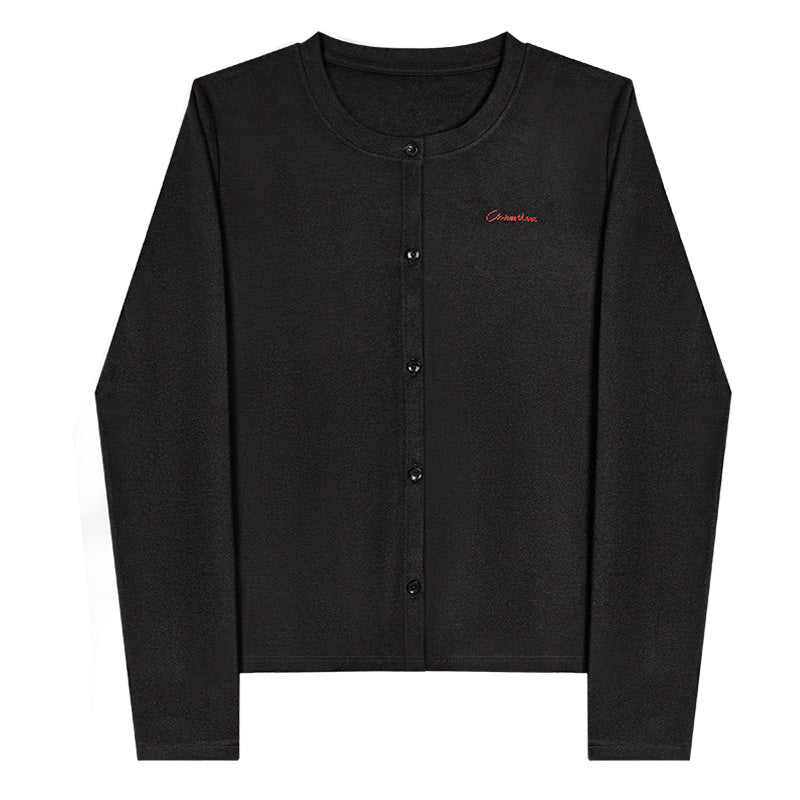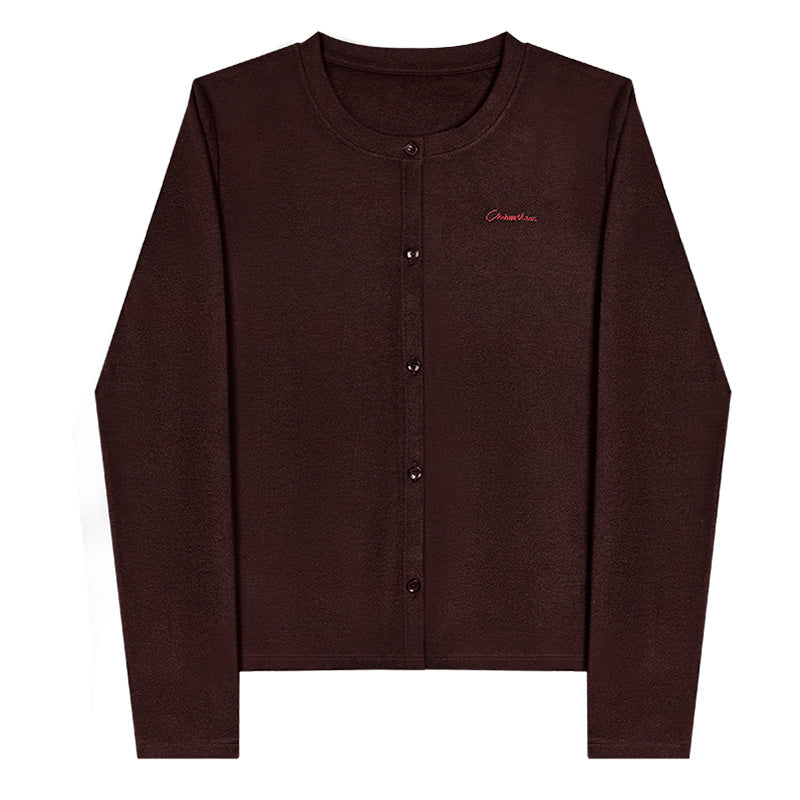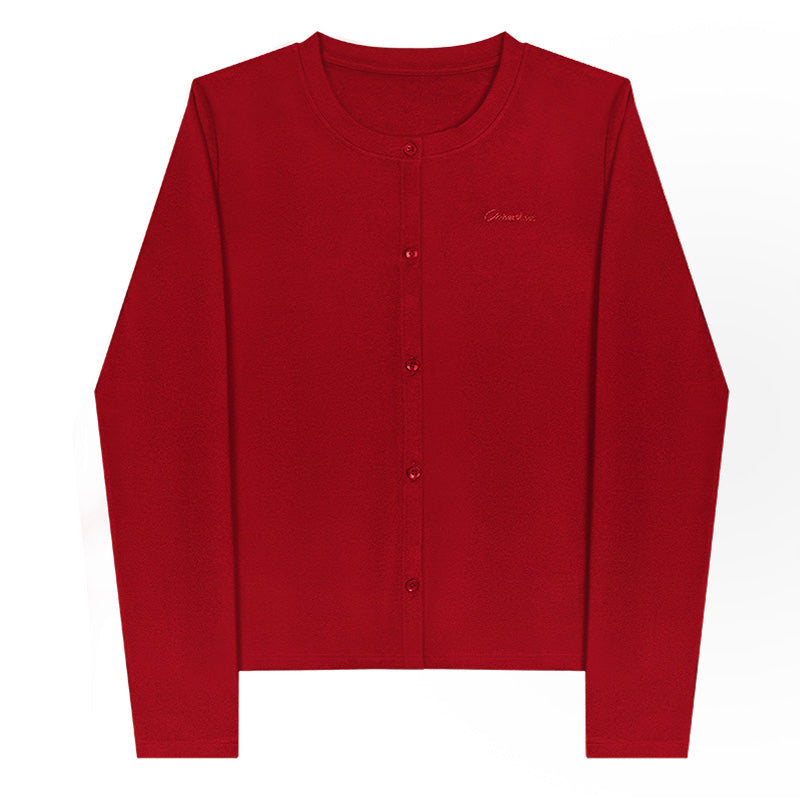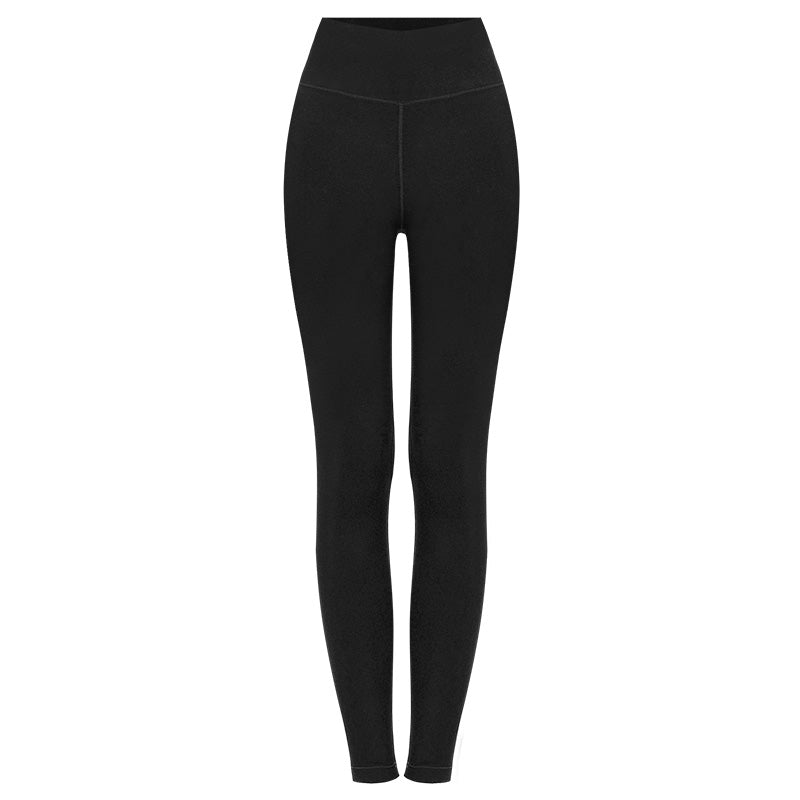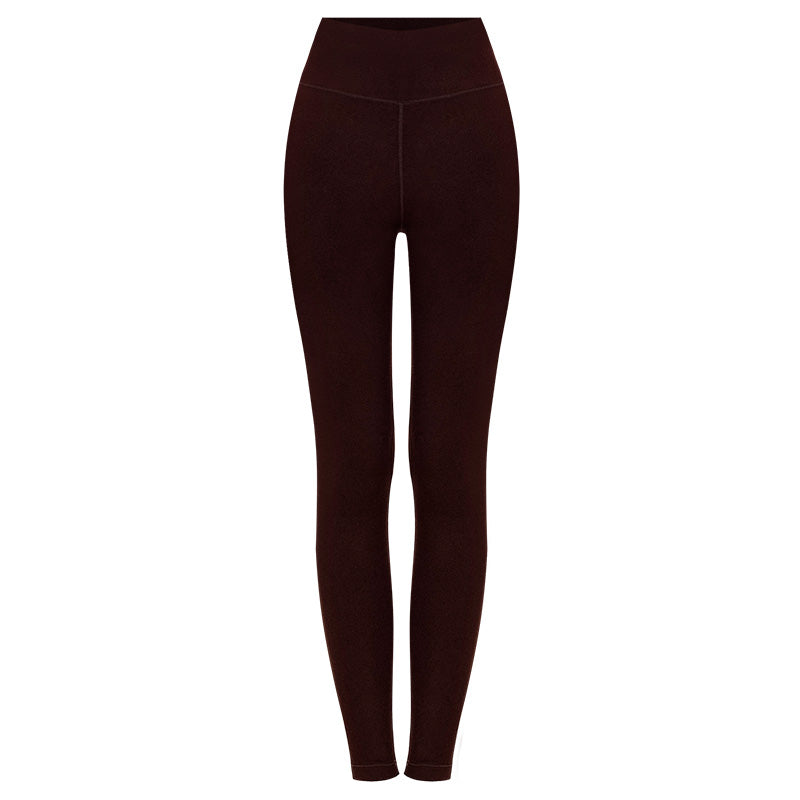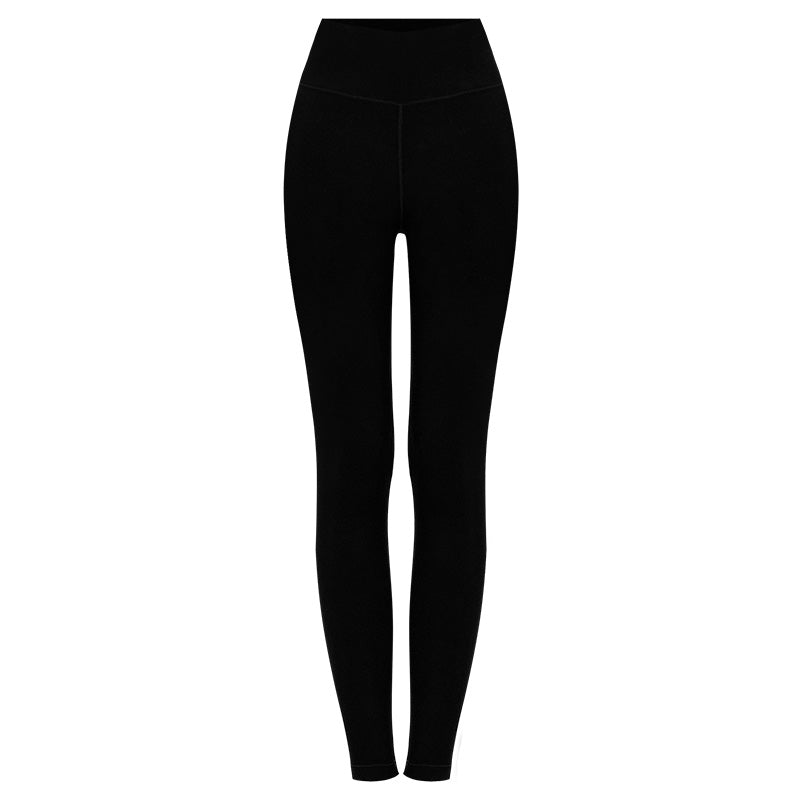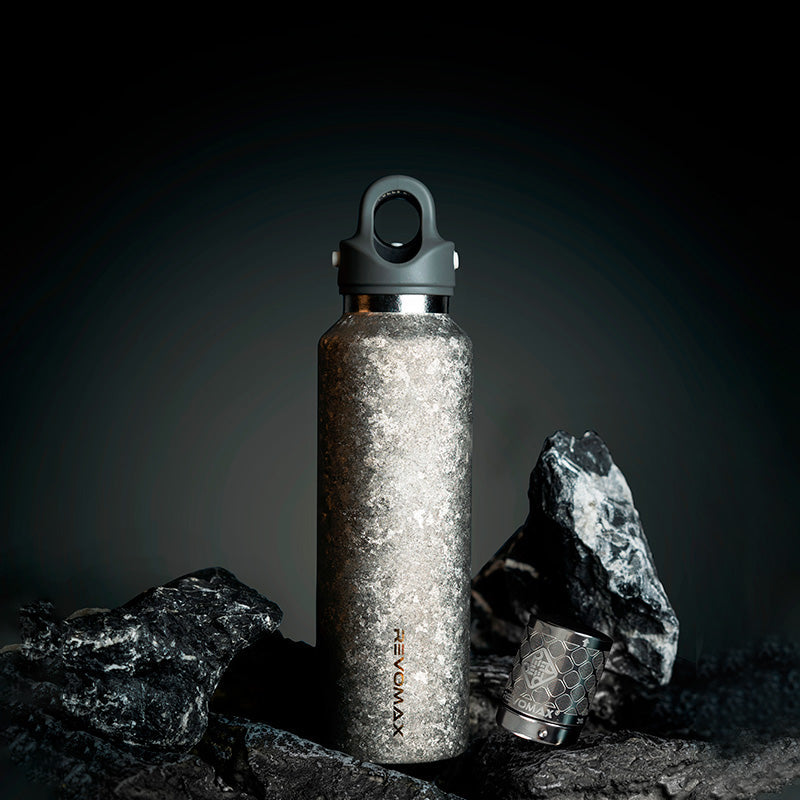When packing your gear for the next adventure, a reliable water bottle is non-negotiable. For years, stainless steel has been the go-to choice for hikers and outdoor enthusiasts, known for its durability and reusability. But for those who refuse to compromise on gear performance, absolute purity, and long-term health, a more advanced material is setting a new standard: Titanium.
If you've ever questioned whether your water bottle is affecting your health or the taste of your drink—especially after a long day on the trail—this in-depth comparison will give you the clarity you need. We'll analyze the science and practical performance of titanium and stainless steel to help you understand which material is truly best for your hydration needs in the wild.

1. Material Purity: Why "Inert" is the Most Important Word for Your Health
The single most important quality in any material that holds your food and drink is its reactivity. You want a material that is as close to chemically inert as possible, meaning it won't react with your beverage, leach chemicals, or corrode over time.
This is where titanium proves its superiority.
-
Titanium: The Biocompatible Champion Titanium is one of the most biocompatible metals known to science, which is why it's the preferred material for medical implants like artificial joints and dental implants. It is chemically inert, even when exposed to heat or acidic drinks (like electrolyte mixes, coffee, or lemon water). This means it doesn't leach, rust, or corrode, providing the cleanest possible vessel for your drinks.
-
Stainless Steel: A Hidden Compromise While stainless steel (an alloy) is generally stable, it does contain metals like nickel and chromium. Studies show that these elements can leach in small amounts, particularly when the bottle contains hot or acidic liquids. For those with metal sensitivities or who want to minimize their exposure to foreign substances, this is a factor worth considering.
2. Taste and Coatings: The End of "Metallic" Water
Have you ever noticed a faint metallic aftertaste from a stainless steel bottle? You're not imagining it. This is a direct result of the material interacting with your beverage. On the trail, the last thing you want is for your fresh, clean water to taste like your bottle.
-
Titanium: Pure Taste, No Surprises Because titanium is chemically inert, it imparts zero taste to your drink. Water tastes like water. Your sports drink tastes like it should. There is no metallic tang to interfere with the flavor. Furthermore, pure titanium requires no internal lining or coating. What you touch is pure, unlined metal.
-
Stainless Steel: The Risk of Linings To combat metallic taste or enhance corrosion resistance, many stainless steel bottles are lined with epoxy or polymer coatings. These coatings can degrade, scratch (easily done when tumbling in a pack with other gear), or break down over time. This not only risks introducing unwanted chemicals into your drink but can also create surfaces where bacteria can build up.
3. The Performance Showdown: Lightweight vs. Ultimate Durability
For a hiker, gear performance comes down to two key things: weight and durability.
-
Titanium: The Perfect Union of Lightweight & Strength Titanium has the highest strength-to-weight ratio of any metallic element. On the trail, "ounces equal pounds." Switching to a titanium bottle can noticeably lighten your pack load without sacrificing strength.
Furthermore, titanium has unmatched corrosion resistance—even from saltwater, chlorine, and strong acids. Its surface naturally forms a protective oxide layer that instantly "self-heals" if scratched. This means a titanium bottle is built for a lifetime of use, resisting dents, scratches, and harsh outdoor environments far better than its counterpart.
-
Stainless Steel: Strong, but Heavier and Vulnerable While durable, stainless steel is significantly heavier. It is also more prone to denting and scratching. More importantly, under certain conditions (like exposure to salt or highly acidic environments), it can be susceptible to pitting and corrosion, which can compromise the integrity of the bottle over time.
The Final Verdict: An Uncompromising Choice for Your Health & Adventure
While stainless steel is a functional choice, titanium is a superior choice for any serious outdoor enthusiast who refuses to compromise on health, purity, and gear performance.
It offers peace of mind that what you're drinking is exactly as it should be—untainted by metallic ions, chemical coatings, or residual flavors. It lightens your load while providing durability that can withstand the toughest trails.
Investing in a titanium bottle is an investment in your long-term health and a truly pure backcountry hydration experience.
Ready to upgrade to the purest hydration experience? Discover the Revomax Premium Titanium Insulated Bottle. Engineered for purity, performance, and a lifetime of use.

